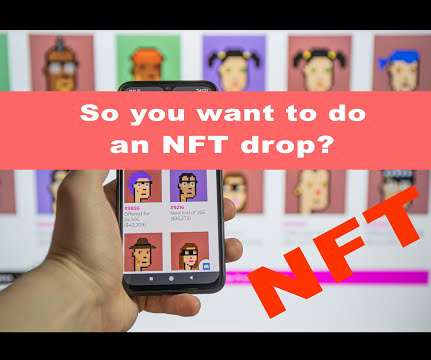Tokenization of intellectual property for IP rights management
The IPKat
JANUARY 13, 2022
Consider the recent WIPO webinar , "Blockchain Whitepaper for IP Ecosystems", at which the view was expressed that the future of IP management rights could include a solution that utilizes tokens, and, in particular, non-fungible tokens. Tokenization of IP In a nutshell, "tokenization" means using a smart contract (i.e.,












Let's personalize your content